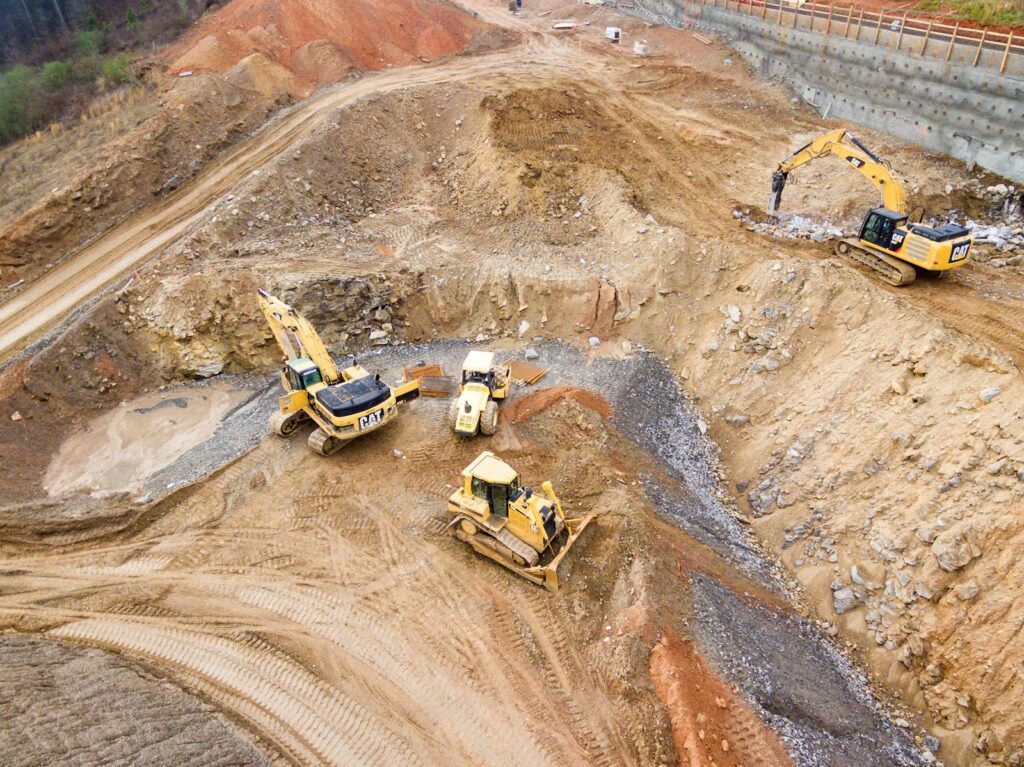The Department for Levelling Up, Housing and Communities (DLUHC) have teamed up with the Digital Task Force for Planning to accelerate the use of ‘cutting edge’ technology within the planning sector.
Yesterday, 21st May 2024, marked the beginning of the annual UK’s Real Estate Investment and Infrastructure Forum (UKREiiF) and at the event, Joanna Key, director general for regeneration, housing and planning at the DLUHC and Dr Wei Yang, chief executive of the Digital Task Force for Planning, signed the memorandum of understanding (MoU).
This will introduce new software to planning systems across the country ‘to give communities more say’ on applications, and ‘improve experiences of buying or selling properties’, the government said.
In addition, the government said the new technology will also help developers to identify suitable sites for new homes quickly and ‘unblock development stuck’ in the planning process.
A spokesperson for the DLUHC said: ‘This partnership paves the way for a new age of planning, speeding up decision making while giving communities more of a say on the housing and infrastructure in their area.
‘We are already using PropTech to accelerate the planning system, helping identify new sites for homes whilst protecting biodiversity.
‘This new technology is helping our long-term plan for housing to go even further to build the right homes in the right places.’
In a bid to encourage the community to have more of a say in the planning process, the DLUHC already funds councils to speed up the adoption of technology through the PropTech Innovation Fund. As it stands, local authorities in England have received £12m for more than 10 pilot schemes.
Dr Yang has expressed her enthusiasm to begin working with the DLUHC.
‘We are delighted to have signed the MoU with DLUHC, representing a significant step forward in our efforts to reinvigorate spatial planning as a positive force in addressing the multi-faceted challenges we face through a holistic approach,’ Dr Yang said. ‘This MoU will enable collaboration across our respective digital planning programmes and draw links to digital planning’s macro-economic and environmental impacts, as well as fostering future means of collaboration with local authorities and other organisations.’
Image: UKREiiF
More of UKERiiF:

















Leave a Reply